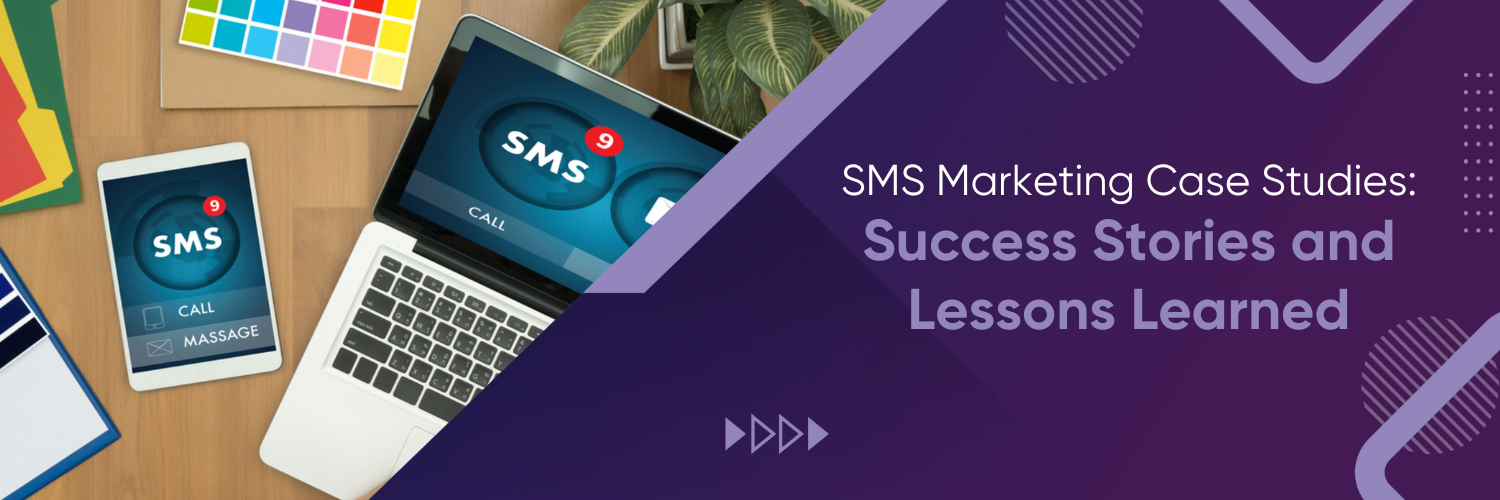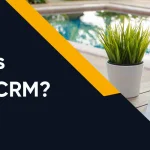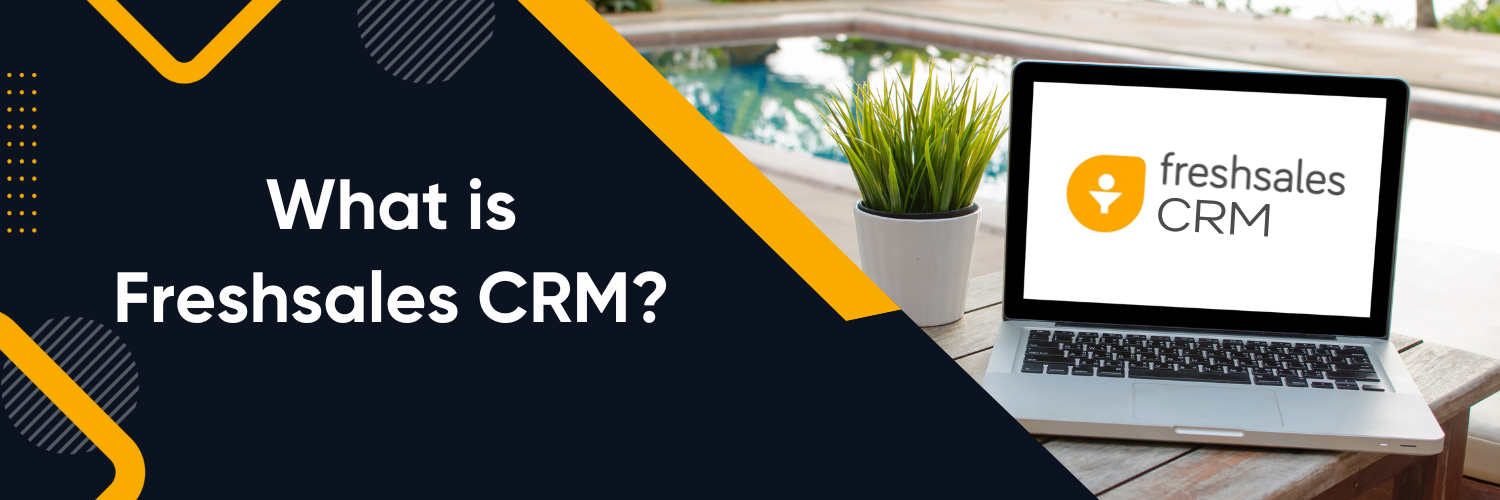SMS Marketing Case Studies
SMS marketing has emerged as a powerful tool for businesses to engage with their customers effectively. By leveraging the reach and immediacy of text messages, businesses can deliver personalized and targeted messages to their audience, driving engagement, sales, and customer loyalty. Case studies play a crucial role in understanding the success factors and strategies behind impactful SMS marketing campaigns. They provide valuable insights into different industries, target audiences, and campaign objectives, offering lessons that can be applied to businesses of all sizes. In this blog, we will explore several SMS marketing case studies, highlighting success stories and the lessons learned from each campaign.
Case Study 1: Domino’s Pizza
Background and Objectives
Domino’s Pizza, a global leader in pizza delivery and takeout, recognized the growing preference among customers for mobile ordering. Understanding that the target audience, especially millennials and Gen Z, prefer quick and convenient ordering processes, Domino’s aimed to create an innovative and effortless way for customers to order their favourite pizza.
Strategy and Implementation
As part of its strategy to enhance customer experience and streamline the ordering process, Domino’s introduced the ‘Easy Order’ system. This innovative system enabled customers to place an order by merely sending a pizza emoji via SMS. To get started, customers were required to create an ‘Easy Order’ account on the Domino’s website. Within this account, they needed to specify their usual order and set up payment preferences.
Once the ‘Easy Order’ profile was established, customers could text a pizza emoji to a dedicated number, triggering the order process. Domino’s sent a confirmation message to the customer, and the order was processed based on the preferences saved in their profile.
This strategy leveraged the fact that SMS is a widely used communication method and that emojis have become a standard mode of expression, particularly among younger demographics.
Results and Lessons Learned
The ‘Easy Order’ campaign turned out to be a resounding success for Domino’s Pizza. It not only generated significant media buzz but also translated into a tangible increase in sales. By simplifying the ordering process to a single emoji, Domino’s effectively removed barriers that might deter a potential order.
The campaign also fortified Domino’s image as an innovative and customer-centric brand. One key takeaway for Domino’s was that embracing modern communication practices and aligning them with consumer preferences can significantly enhance customer engagement and sales.
Case Study 2: American Red Cross
Background and Objectives
The American Red Cross, known for its humanitarian services and disaster relief efforts, needed a fast and effective way to raise funds during emergencies. The organization recognized that potential donors are more likely to contribute if the donation process is simple and convenient.
Strategy and Implementation
To achieve this, the American Red Cross launched an SMS-based fundraising campaign. By texting a specific keyword to a designated short code, donors could make a $10 donation. The amount would automatically be added to the donor’s mobile phone bill.
This strategy eliminated the need for credit card transactions or filling out donation forms, substantially reducing friction in the donation process. The campaign was also promoted across social media, television, and other channels to maximize reach.
Results and Lessons Learned
The American Red Cross’s SMS campaign was incredibly successful, raising over $5 million in a short period. The ease of donating via SMS significantly contributed to the campaign’s success.
This case study highlights the power of convenience in motivating action. For charitable organizations, utilizing SMS for donations can greatly enhance fundraising efforts, especially during times of urgent need.
Case Study 3: Ford Motor Company
Background and Objectives
Ford Motor Company, one of the world’s leading automakers, sought to increase sales and engage potential buyers through an exclusive sales event. They aimed to create a sense of exclusivity and urgency to entice potential buyers.
Strategy and Implementation
Ford used SMS marketing to send personalized invitations to prospective buyers who had previously shown interest in their vehicles. The message included details about an exclusive sales event, where attendees could avail of special discounts.
To add an element of excitement, recipients were informed that showing the SMS invitation at the event would enter them into a drawing for a chance to win a prize.
Results and Lessons Learned
Ford’s SMS marketing campaign yielded a 15% conversion rate, considered highly successful in the automotive industry. The combination of exclusivity, urgency, and the added incentive of a prize proved to be compelling for recipients.
From this campaign, Ford learned that SMS marketing can be exceptionally effective when combined with well-thought-out incentives and a sense of exclusivity. It also highlighted the importance of personalization in making potential customers feel valued.
Case Study 4: Seattle Sun
Success Story: Seattle Sun Tan created an SMS campaign that generated $196,000 in sales. The company integrated SMS with its customer relationship management (CRM) system, which allowed them to send highly targeted promotions.
Lesson: Businesses should consider integrating SMS marketing with CRM systems to segment and target audiences that are more likely to convert. This can significantly enhance the effectiveness of marketing campaigns.
Case Study 5: Ikea
Success Story: Ikea implemented an SMS campaign that led to an 11% increase in in-store traffic. The campaign targeted specific geographic areas and included special in-store offers.
Lesson: SMS marketing can be a powerful tool for encouraging in-store visits. Businesses should consider using location-based targeting to send relevant offers to potential customers in the vicinity.
Case Study 6: Coca-Cola
Success Story: Coca-Cola launched a mobile marketing campaign, of which SMS marketing was a significant component. The company attributed 70% of its mobile campaign return on investment to SMS marketing.
Lesson: This example highlights the potential of SMS marketing as a core component of a mobile marketing strategy. By integrating SMS into broader mobile campaigns, businesses can significantly increase their return on investment.
Case 7: Silverstone
Success Story: Silverstone, the iconic British motor racing circuit, used SMS marketing to sell tickets for their events. This campaign led to a 680% increase in sales. The text messages were sent to a niche audience of racing enthusiasts and included personalized offers.
Lesson: Targeting a niche audience with content that resonates with their interests can create a significant impact. It’s essential to understand your audience and tailor your message to their preferences.
Conclusion
In conclusion, these SMS marketing case studies demonstrate the effectiveness of SMS as a powerful marketing tool. The success stories highlight the importance of understanding the target audience, personalizing messages and delivering timely and relevant content. Key lessons include the significance of audience segmentation, creating a sense of exclusivity and urgency, leveraging word-of-mouth marketing, and integrating SMS marketing with existing systems for automation and personalization. By studying these case studies and applying the lessons learned, businesses can enhance their SMS marketing efforts and drive better results.
As we look to the future, partnering with a professional digital marketing agency, like Ubique Digital Solutions, can unlock even greater potential for your business through SMS marketing. Don’t let this opportunity pass by – take the first step towards boosting your business to new heights of success. Contact Us Now!
FAQs
Q: What is SMS marketing?
SMS marketing refers to the practice of using text messages to deliver promotional messages, updates, and information to customers. It allows businesses to directly reach their target audience’s mobile devices, leveraging the immediacy and convenience of SMS to engage customers and drive desired actions.
Q: How does SMS marketing benefit businesses?
SMS marketing offers several benefits for businesses, including high open and read rates, instant reach, and a direct channel of communication with customers. It allows businesses to deliver timely and personalized messages, driving engagement, sales, and customer loyalty.
Q: What types of businesses can benefit from SMS marketing?
Various types of businesses can benefit from SMS marketing, including e-commerce brands, local businesses, restaurants, service providers, and B2B companies. The key is to identify the target audience and tailor the SMS marketing strategy to meet their specific needs and preferences.
Q: What are some best practices for successful SMS marketing campaigns?
Some best practices for successful SMS marketing campaigns include obtaining proper consent from recipients, personalizing messages, keeping messages concise and impactful, using strong calls to action, timing messages appropriately, and continually monitoring and analyzing campaign performance.
Q: How can businesses build an effective SMS marketing strategy?
To build an effective SMS marketing strategy, businesses should define clear objectives, understand their target audience, choose a reliable SMS marketing platform, segment their audience, create compelling and relevant content, establish a consistent schedule, and measure and analyze campaign results for continuous improvement.





















